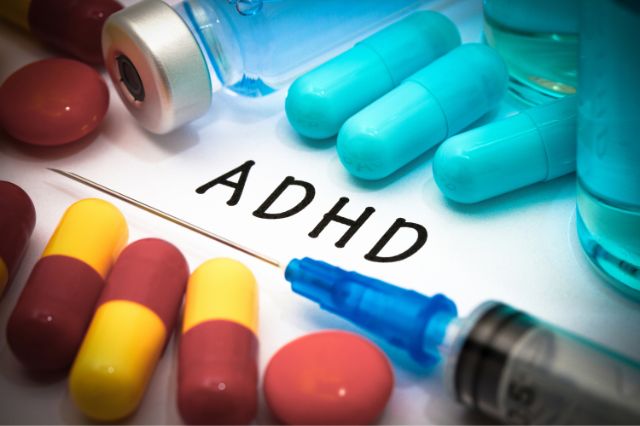Attention Deficit Hyperactivity Disorder (ADHD) affects children, teenagers, and adults. People diagnosed with ADHD may struggle to focus on tasks or remember details, but symptoms vary from person to person.
A comprehensive ADHD assessment, with clinical interviews, inquiry forms, rating scales, physical evaluations, and an examination of medical records, can help you determine whether you or your child has ADHD. Here are four tips to help you prepare for ADHD testing:
1. Take Notes of Your Symptoms and Concerns
Gather as much relevant information as possible regarding your symptoms to prepare for your ADHD evaluation. Focus on the issues you wish to address first during your consultation. Make notes of concerns you have and symptoms you’re experiencing to help your doctor determine whether you meet the ADHD testing criteria. Write down any behaviors that you suspect may be related to ADHD and any questions you may have about them.
You can use an ADHD symptom checklist to guide your notes and streamline your discussion with the doctor. Consider asking your loved ones to assist you in understanding signs of ADHD that may be unclear to you. Describe problems you experience regularly, like constantly forgetting items at school, home, or work or struggling with time management. A thorough list of your symptoms and concerns helps your doctor understand your situation better during testing.
2. Define Your Feelings about Using Medication
Take the time to decide whether you feel comfortable taking medication as a treatment method for ADHD before testing. If you are against taking medications, be clear and upfront about your decision during your consultation. Ask your specialist or physician about medication-free alternative treatment options if you are diagnosed with ADHD.
Your doctor may make an executive decision about medication depending on your results and the severity of your symptoms. Ask your doctor to explain their reasoning for prescribing medication, and consult another doctor if you are unsatisfied. If you decide to take medication for your ADHD, remember that the effectiveness of drugs varies with each individual. You may need to try multiple brands or dosages to determine the ideal prescription for your needs.
3. Consider Follow-up Appointments
Before your test, ask whether the doctor will be available for follow-up appointments and the consultation fees you’ll be charged. Speaking to your doctor regularly in the weeks following your ADHD evaluation may relieve the pressure and worries associated with an ADHD diagnosis.
They can help you adjust to changes like taking prescriptions or attending therapy sessions. Your doctor can assist you in finding the proper ADHD treatment by collaborating with other healthcare specialists or examining relevant literature and studies.
4. Explore Your Medical History
Before you undergo an ADHD assessment, consult your regular physician to gather your medical history records. Gather your referral paperwork and organize it with your medical records to prepare for your evaluation. This information will help your testing doctor differentiate ADHD-like and ADHD symptoms to eliminate diagnosis errors.
Your doctor will also examine your medical history records to determine whether you have co-existing medical considerations that may affect treatment plans after diagnosis. Some medications cannot be used simultaneously or at all if an individual has certain pre-existing disorders or ailments.
What to Expect from an ADHD Test
A doctor may administer a physical assessment to eliminate medical explanations as the cause of existing signs and symptoms. The ADHD questionnaire will cover observable signs linked with ADHD. A doctor may require those who interact with you most to complete the questionnaires for an unbiased perspective. When screening a child for ADHD, the doctor will ask for input from a parent or guardian for further information.
The doctor can also perform behavioral examinations in written form to compare the patient’s behavior with peers in the same age group. They may also provide a psychological examination. Mental health specialists use these tests to evaluate an individual’s mental and emotional condition and thinking processes.
An ADHD test may also include checking for learning disabilities and frequent fidgeting. These tests are calibrated based on patient age for appropriate and accurate ADHD screening.
Prepare for ADHD Testing Today
An ADHD test, diagnosis, and proper treatment can potentially improve an individual’s quality of life. Seek a qualified doctor or specialist for an accurate diagnosis. Take the time to prepare a list of symptoms and your medical history before your appointment to help make the testing more accurate. Schedule an ADHD screening today to learn more about your mental health and gain access to appropriate treatment.






